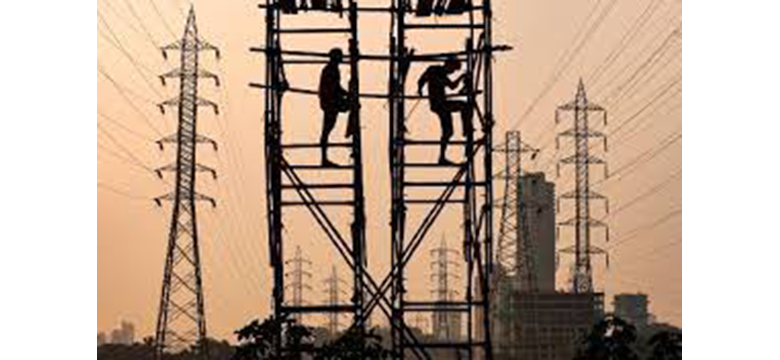Mr & Mrs Aditya Dhar visits Baglamukhi Mata Mandir
Aug 26, 2022

13 states' power bills will prevent them from trading electricity at power exchanges.
In order to enforce new rules intended to compel states to make on-time payments, India has barred nearly half of the nation's states from using spot power exchanges after they failed to pay bills totaling 51 billion rupees ($640 million).
According to S.R. Narasimhan, chairman of Power System Operation Corp., the nation's national grid operator, thirteen states won't be able to buy or sell electricity at power exchanges unless they settle their debts to producers and transmission firms. State power retailers that don't pay by the deadline will no longer have access to short-term sources of electricity, according to rules enacted in June.
The state-run, loss-making retailers in India are frequently viewed as the weakest link in the nation's electrical supply chain, producing problems that leak down the supply chain to power producers, coal suppliers, and project lenders. These utilities sell around 90% of the country's electricity, and their late payments are perceived as preventing investments in infrastructure modernization and dependable power supply.
The government of Prime Minister Narendra Modi, which is developing a strategy to revive these utilities, released new regulations earlier this year that gave the national grid operator the authority to restrict distributors' access to power sources if they have fallen behind on payments.
Madhya Pradesh, Maharashtra, Chhattisgarh, and Tamil Nadu, among other states, have been prohibited from accessing power exchanges, according to Mr. Narasimhan in a text message.
Rupesh Sankhe, vice president of Mumbai's Elara Capital India Pvt., claims that states will forfeit any opportunistic trades in the exchanges and will be required to make up the difference. In order to instill payment discipline in distribution organizations, such stringent procedures are required.